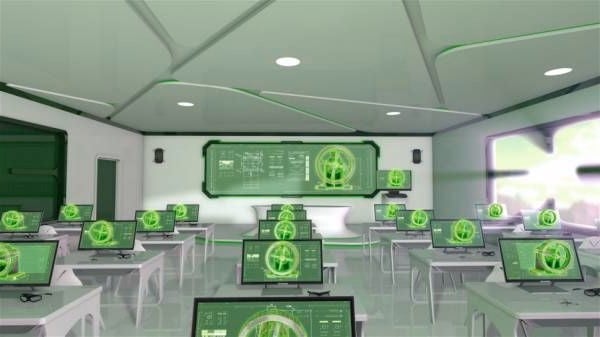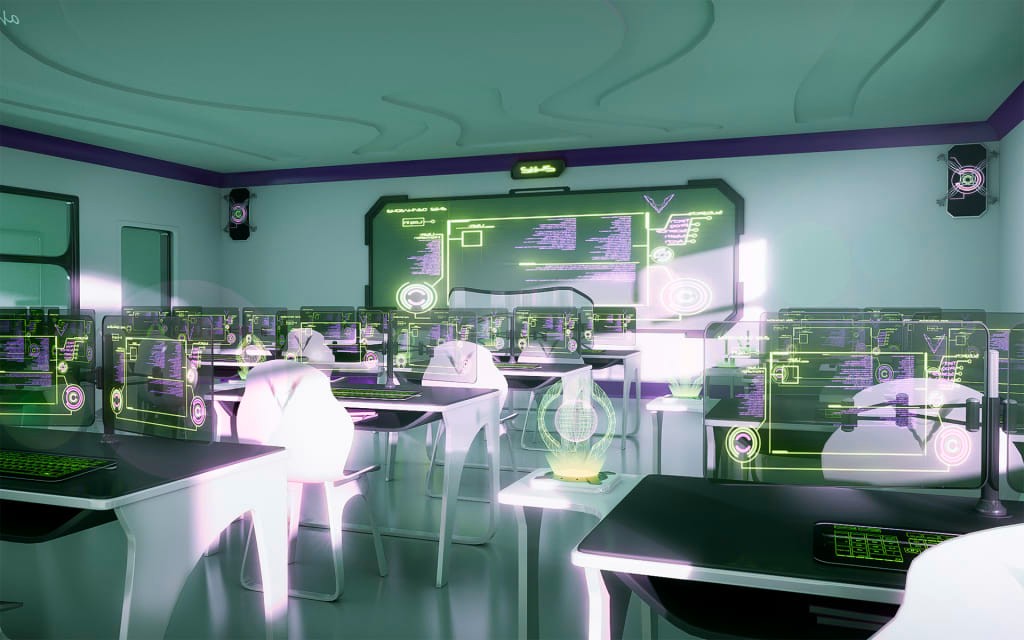Aspects of the metaverse have already found their way into academic institutions. The metaverse’s true revolutionary potential rests in how it enables for more profit in higher education. These advancements may further commercialize the student experience. And exploit the work of academics, as my new research on digital technologies and higher education indicates.

Existing technologies
The metaverse promises a seamless online experience in which a single avatar can travel between different venues, such as an online store and a lecture hall. Many of the particular advancements described in Facebook’s presentation, on the other hand, are already available in some way.
Universities employ virtual worlds like Second Life and even the block-building game Minecraft. They serve as supplement lectures or to allow remote students to virtually visit a campus. Students in medical and architecture can use virtual reality simulations to practice abilities that are difficult to perform in real life.
Students will be able to enjoy a more “cyber-physical” academic experience as the virtual world blends with the actual one thanks to the metaverse. Many pupils have previously had similar experiences. Learning has changed between online and in-person during the pandemic.
Profiting from education
A lecturer now frequently teaches both a live audience and a virtual audience at the same time. Both the in-person lecture and the virtual presentation are commodities that can be sold and purchased, resulting in increased production and profitability. What was once a single lecture could now be available in various formats in the metaverse.
If universities own the intellectual property of recorded academic lectures rather than individual lecturers, metaverse academics may find their words and ideas repackaged and displayed in the metaverse by artificial intelligence. These technologies could allow an endless number of lectures to be presented by a variety of animated and avatar professors.
Some traditional modes of university education may eventually be phased out in favor of the metaverse. Students may migrate to the cyber-physical sphere rather than attending a single brick-and-mortar college. They could learn from virtual experiences supplied by a variety of worldwide universities in the metaverse.









 and then
and then